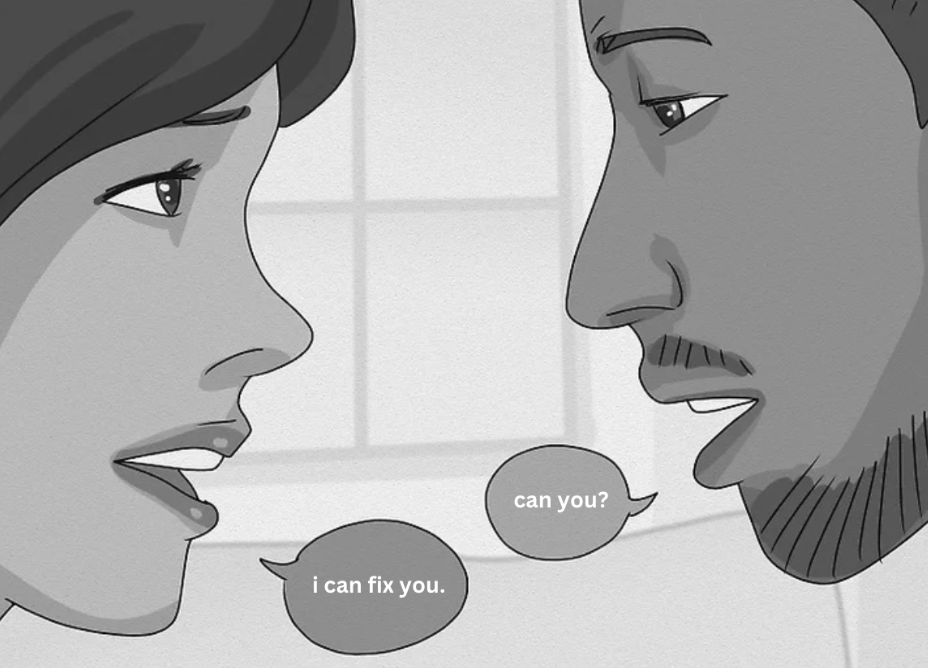Spoiling plot details in literature is not necessarily a bad thing
By Arya Sureshbabu | Staff Writer
I begin with a confession. Before I hit high school, I used to judge books by their covers. And their typeface, line-spacing, and font size. In short, I would toss a book aside without a second thought if its format did not satisfy me, even if I knew nothing of the plot aside from what was listed on the dust jacket. Obviously, this was not a good approach to literature. If books were people, I would have been shunned from society for being more prejudiced than Elizabeth Bennet – and she’s the “prejudice” part of Pride and Prejudice. It was only a couple of years ago that I realized how ridiculous I was being in judging a book without knowing what it was about, so I adopted an entirely antithetical (and, some would argue, equally insane) approach to books: I now read through a complete plot summary that goes into detail about all aspects of the story before deciding whether or not I should read the book. In short, I spoil the book for myself before even laying a finger on it.
When I tell my friends or classmates about this little tendency of mine, they generally regard me with disbelief. And that’s completely understandable. After all, they tell me, what’s the point in continuing my reading if I already know all of the characters’ secrets? It took me a while to formulate my own answer to that question, but I think I finally understand why I personally prefer to know my plots in advance, and in some ways, the answer lies in the question itself.
Yes, there are some books which would be incredibly pointless if we knew what would happen from the very first page, but those are books which rely solely on suspense to pick up a reader and keep him or her trudging through pages upon pages to understand where the characters end up. In other words, readers feel obligated to read the book not because it has any true thematic merit or because they relate to the characters, but because of pure curiosity. Once you spoil such a book, that curiosity is no longer part of the picture, and the book strikes you as boring.
However, if a book is truly timeless enough to be considered literature, then the themes and characters should be enough to pull you through to the end of the story in spite of your knowledge of the plot. The test of a book worth reading is that you will be able to spoil it for yourself and yet cannot stop yourself from going chapter through chapter. You know from the beginning what the character’s destination is, but you love the characters, the themes, the intricacies of the language, and the resonance of the story with your own life enough to stick along for the journey.
And isn’t that what literature is? It was never about the endpoint, but the path you and the author and a whole host of imaginary beings who encapsulate your combined ambitions took to get there. In the end, the purpose of fiction is not to ask what, but why and how. And as unsavory as it may initially sound, spoiling the plotline of a story forces you to focus not on the destination, but on the journey.


















